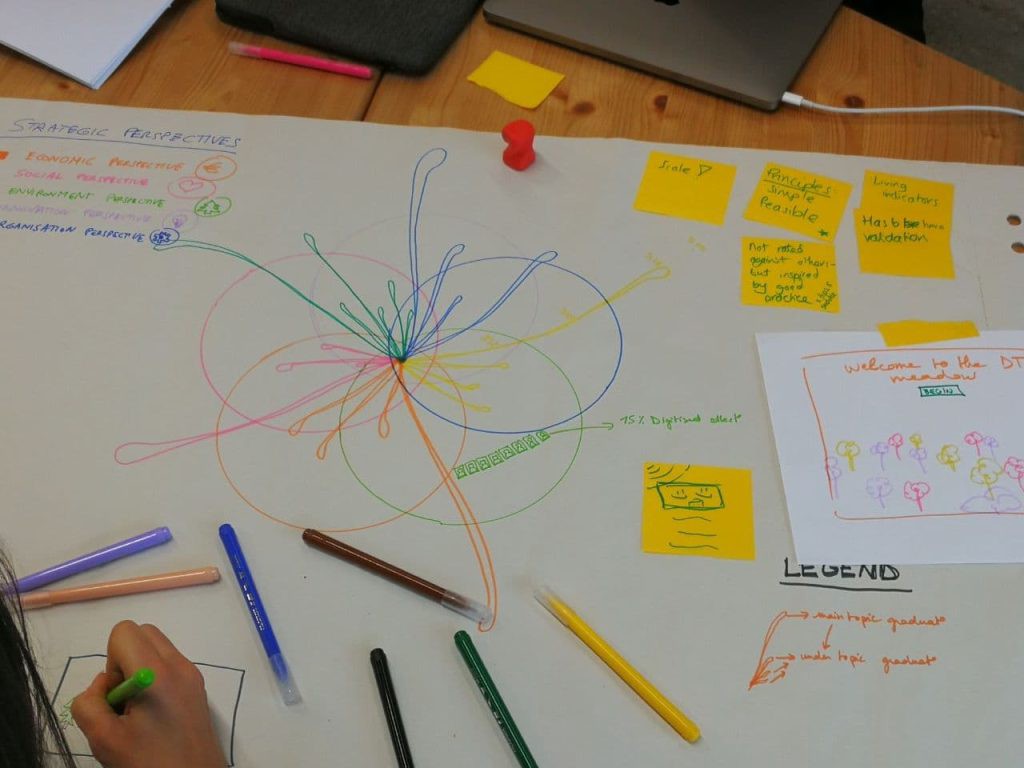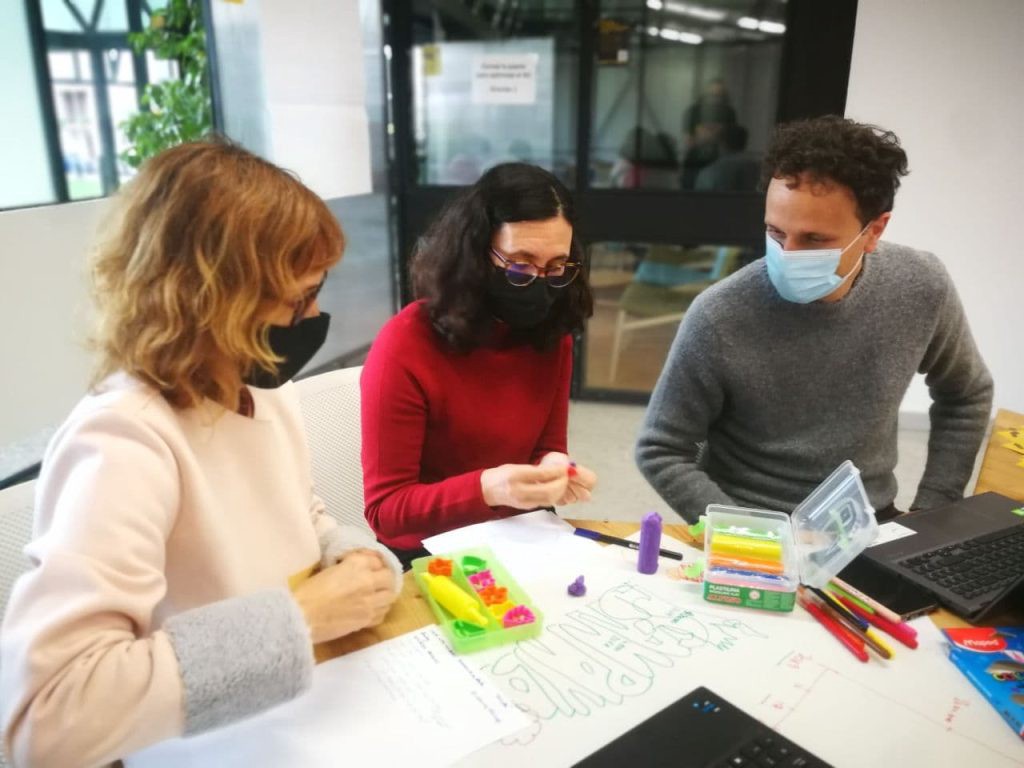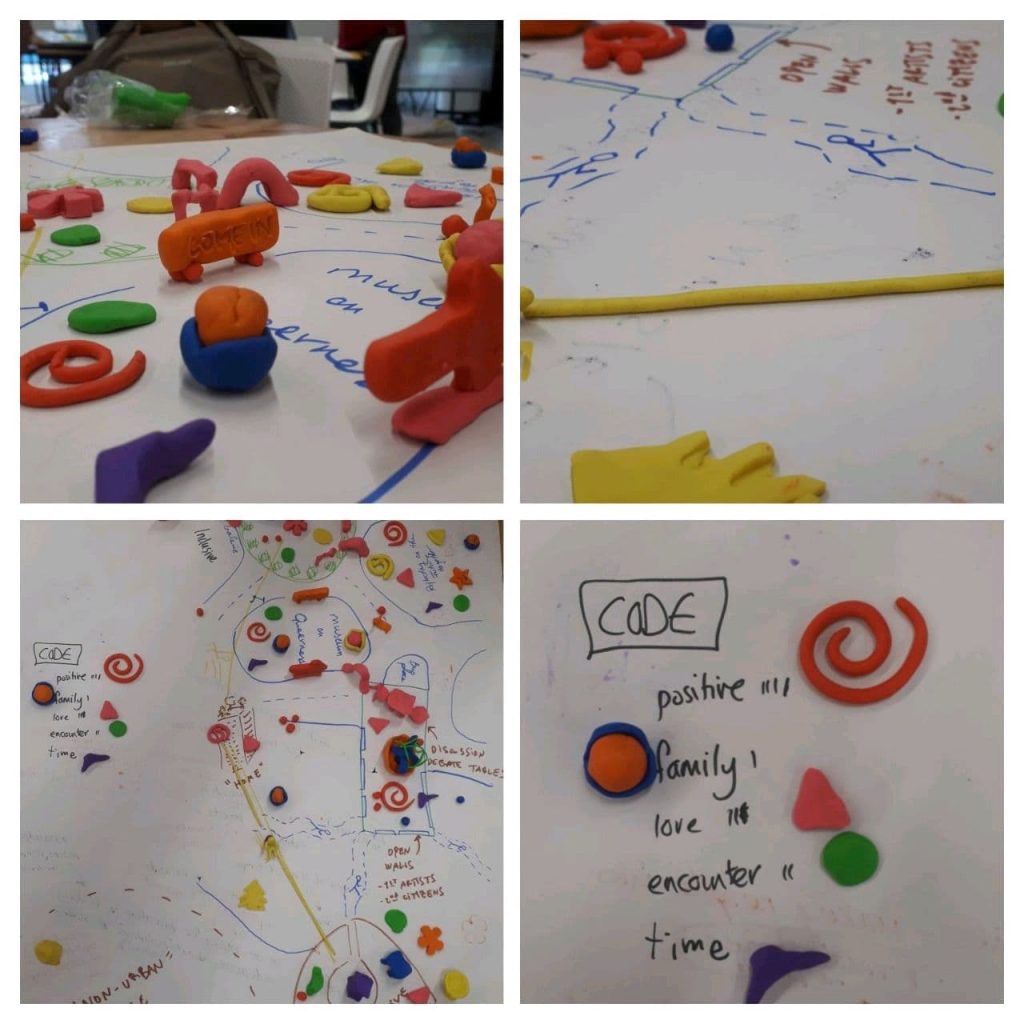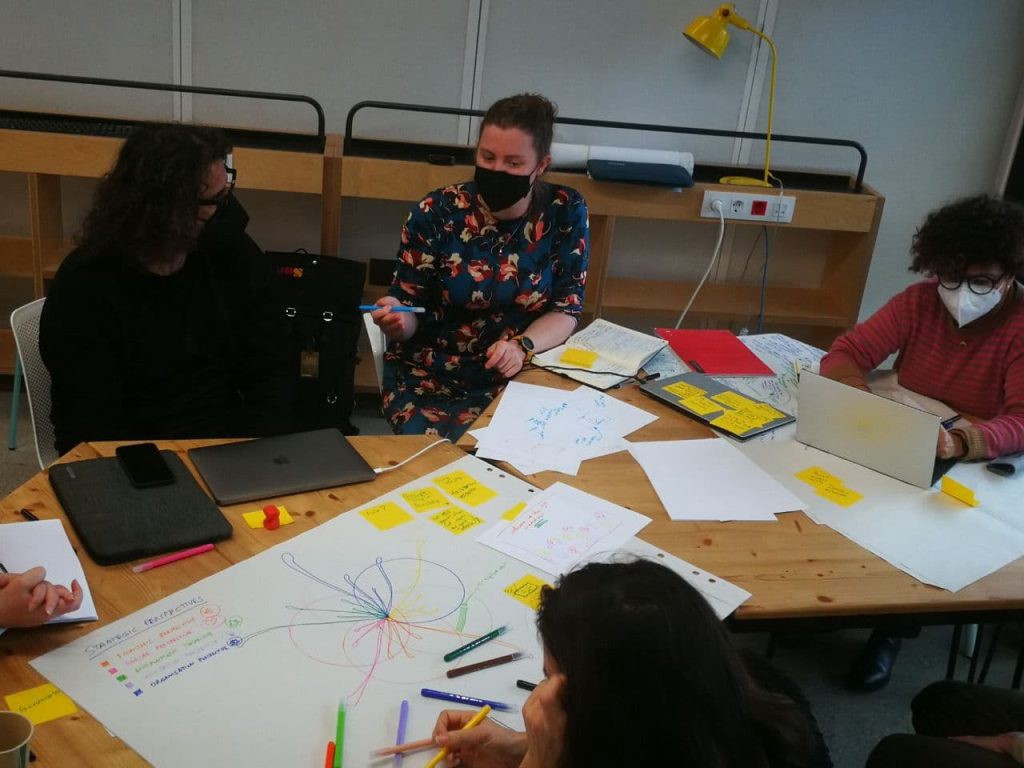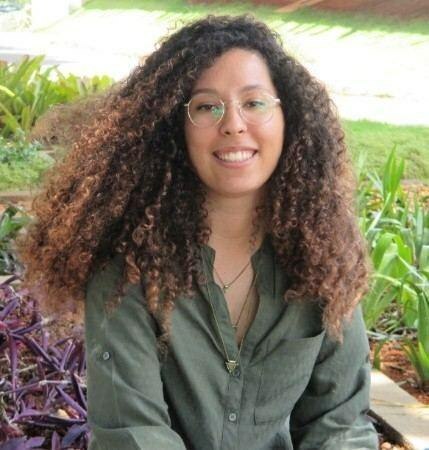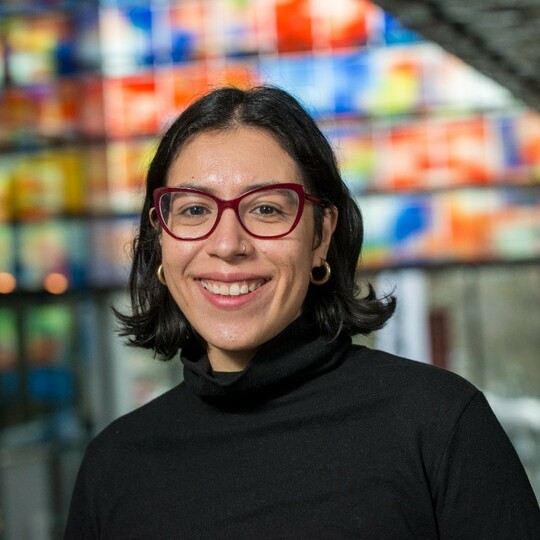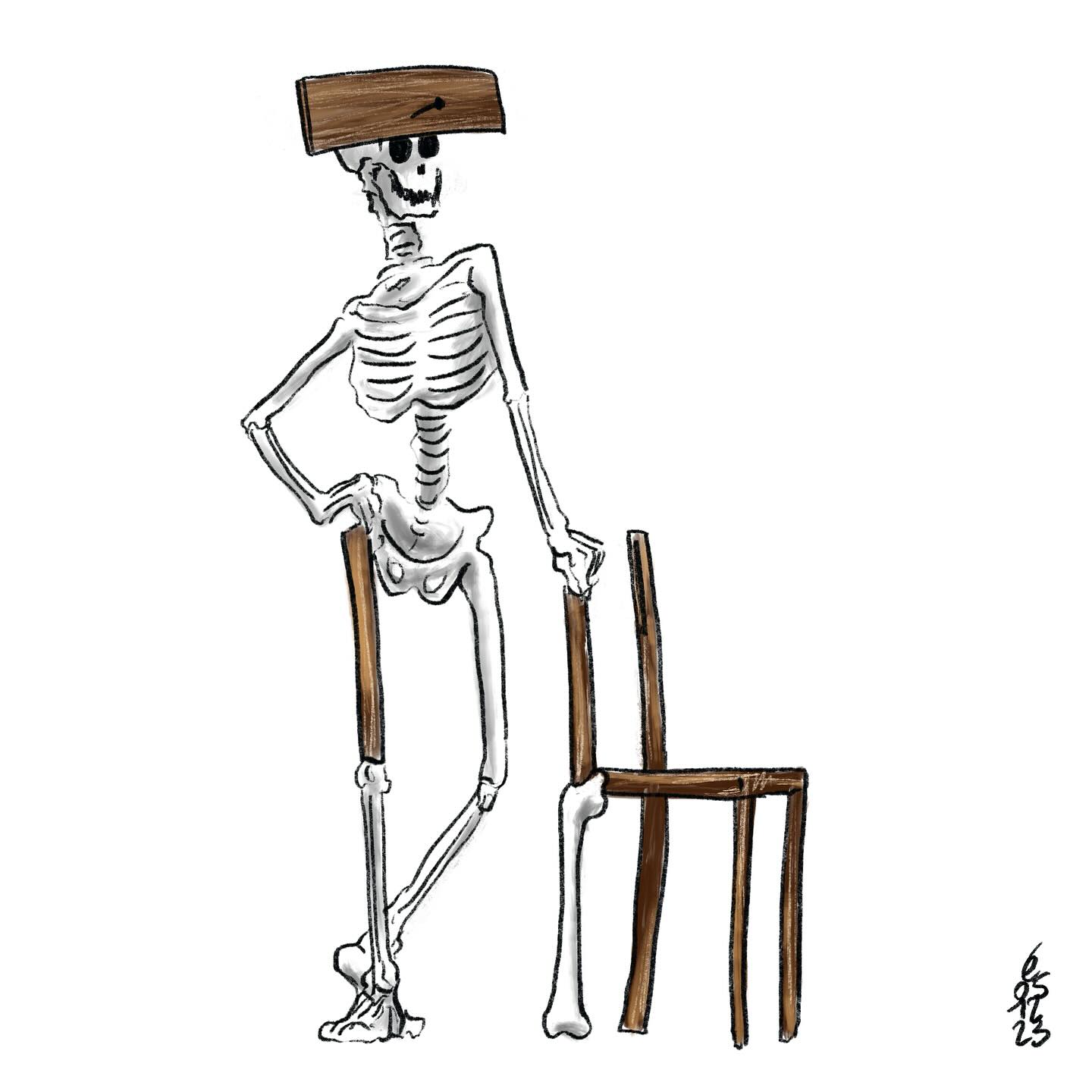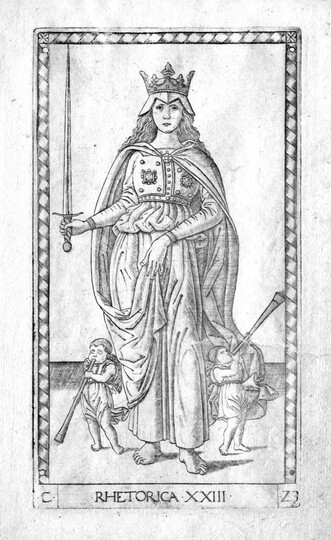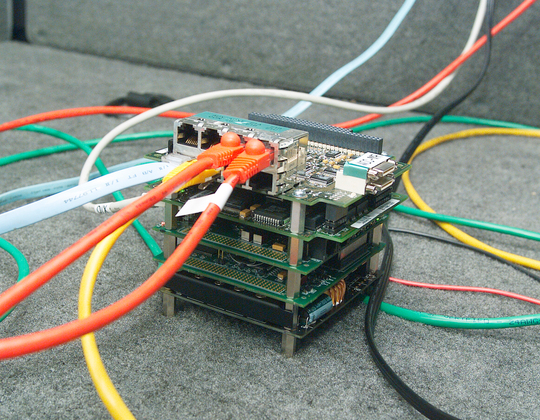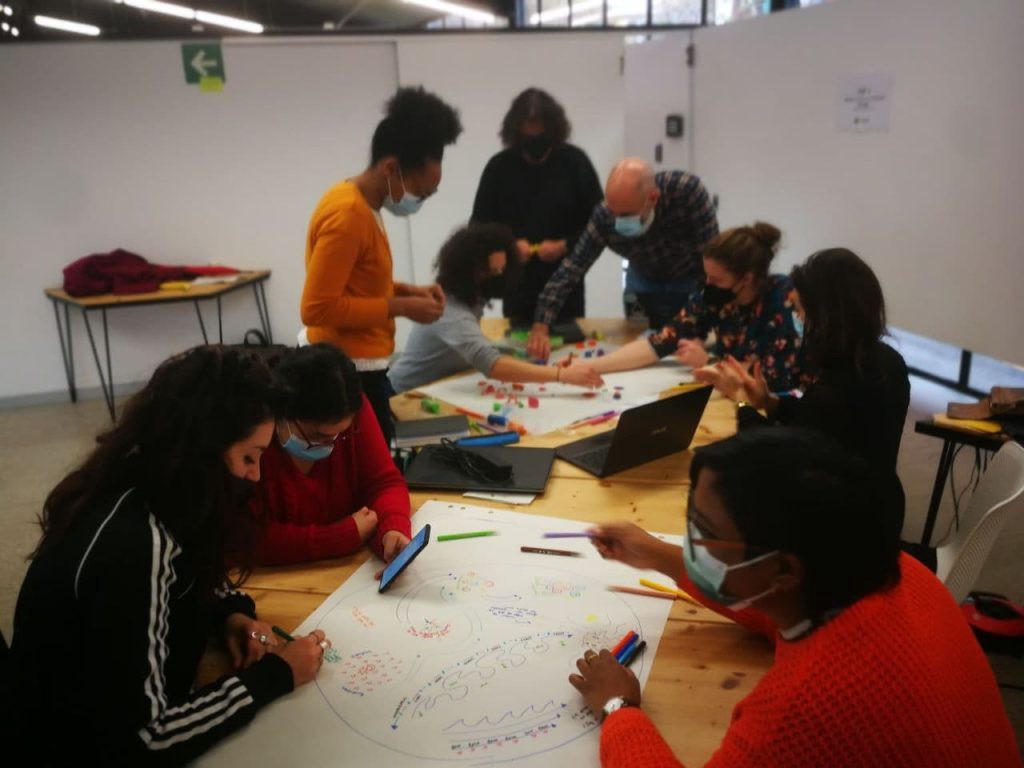
On the 23rd and 24th of November, Platoniq hosted the inDICEs Bootcamp at the Canòdrom in Barcelona, a cultural centre and laboratory that aims to bridge digital culture with democratic innovation. As a cultural centre and meeting place for grass-roots organisations, social projects and research centres, it was the perfect venue for bringing together more than 20 researchers, professionals, specialists and members of the general public.
Over the course of the event, participants worked together at the intersection of data, digitalisation and cultural heritage, exploring information as a cultural resource. Attendees gathered in four Flash Task Forces to explore problems and challenges involved in collecting, using, analysing and visualising data. These intensive sessions had participants using various tools and sharing their hypotheses and conclusions in the inDICEs Open Observatory. Some of the themes discussed were gender inequality in the arts, data-driven political participation and the collection of data for maximum impact in GLAMs (Galeries, Libraries, Archives and Museums).
The programme also included talks by experts, activists and artists, who were on hand to offer support and advice to each Flash Task Force as well.
Not Your Ordinary Bootcamp
The Bootcamp was conceived of as a unique kind of datathon where participants would work with data relevant to different institutions in the cultural heritage sector, develop a framework of analysis and create an intuitive and inclusive visual narrative to make the information accessible to a wider audience. The Bootcamp was carried out in four stages:
- Drafting the hypothesis
- Data analysis
- Data visualisation
- Presenting the results
These phases allowed the Flash Task Forces, each with their own data and ideas, to form independent structures while maintaining parallel goals for their work. Each Flash Task Force addressed one of the following themes:
Gender equality in GLAMs. This Flash Task Force analysed data on the film industry in Spain, broken down by gender. The goal was to understand the patterns of gender inequality and share best practices around the use of open data for social justice.
Collection of data to work with the European Impact Steering Committee on impact design – Participants in this Flash Task Force worked with data to reconstruct and create examples of how to collect data, coming up with new language, tools and strategies for GLAMs to use when gathering data to showcase their impact.
Data and Democracy – This Flash Task Force explored proposals based on data and quality indicators to improve the culture of participatory democracy, in collaboration with colleagues from Platoniq and the research group Tecnopolítica. The task force worked with data on deliberation and the participatory culture of Decidim petitions.
Infodemics and Society with Open Data and Archives, with Oyidiya Oji Palino – This Flash Task Force worked on ‘infodemics’, digital culture and pandemics, giving special attention to the impact of society and its attitude towards BIPOC communities.
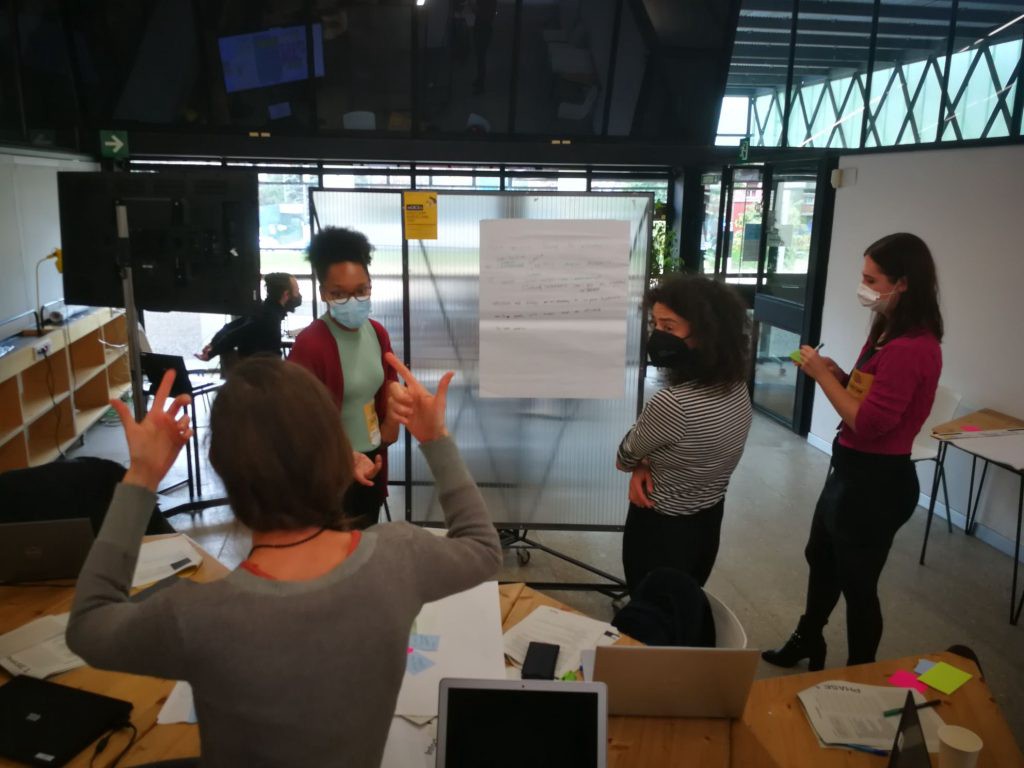
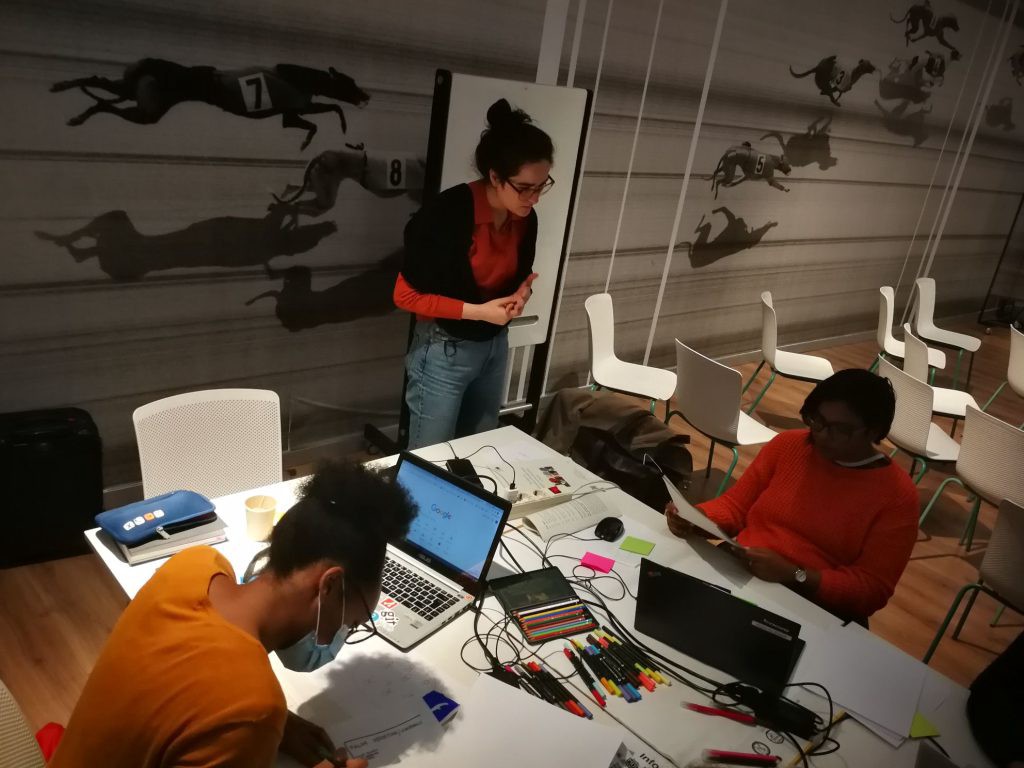
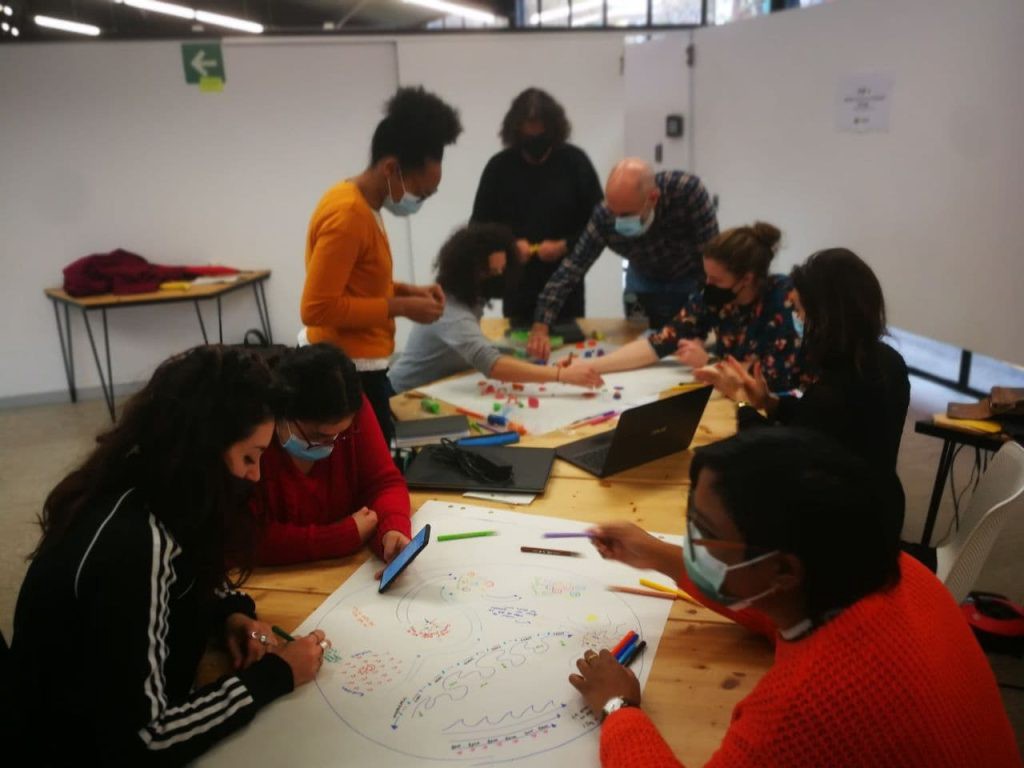
Accessible, inclusive and usable data for a fairer democracy
In contrast to most datathons, the inDICEs Bootcamp focussed on visualising available data and bringing it to life for a non-specialised audience. In order to help visualise data as accessible narratives, artist, professor and illustrator Hayfaa Chalabi presented examples and spoke of her own experience in the creation of accessible and impactful data narratives around themes of visual culture, gender and migration. In her own words, “There is no neutral data. Data visualisation is always emotional.”
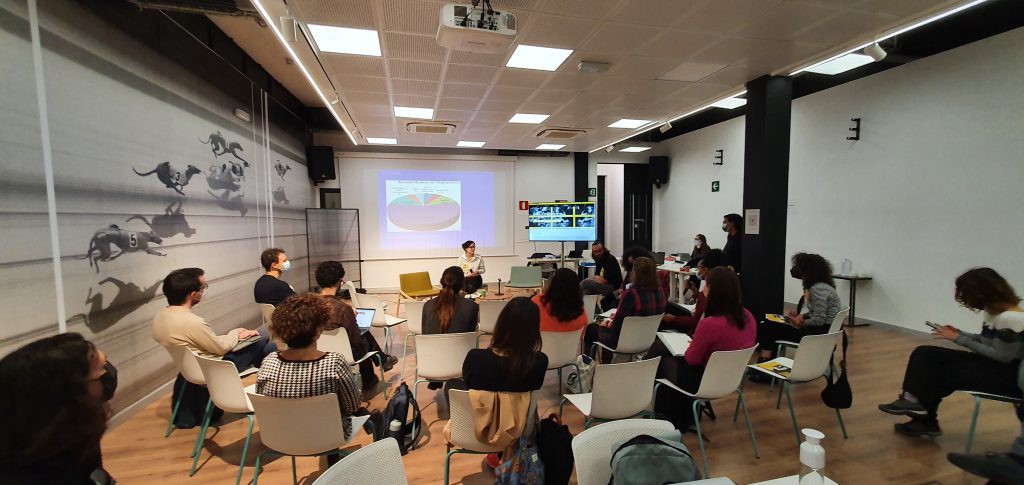
Keynote speaker: Hayfaa Chalabi
cc-by-sa Platoniq
The event was also attended by Pablo Aragón, scientific researcher for the Wikimedia Foundation, where he focuses on content integrity and preventing the spread of misinformation on Wikipedia and other open knowledge projects. Aragón gave a presentation about community governance in combating misinformation at Wikimedia, which he states, “has shown that the internet can continue to be an open space for free knowledge.”
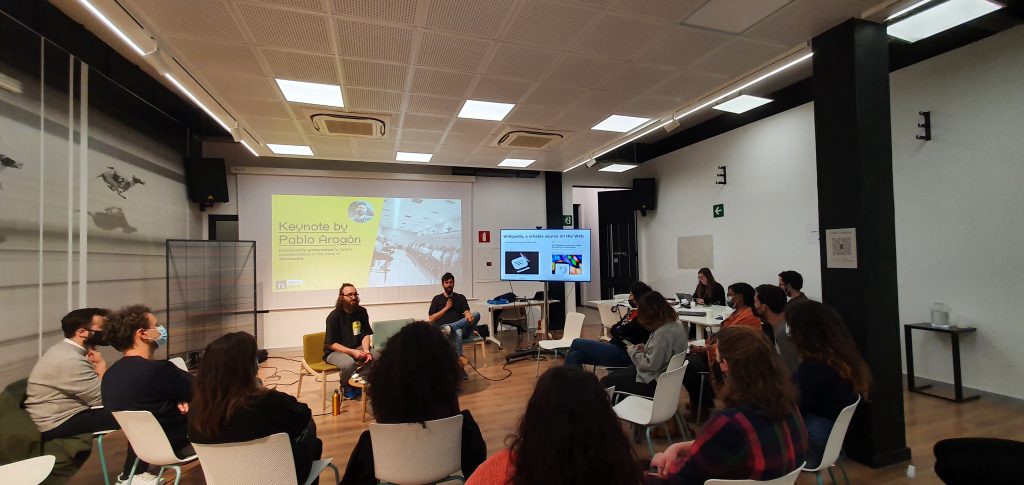
Pablo Aragón introduces his work with Wikipedia
cc-by-sa Platoniq
The final speaker of the event was Ivana Feldfeber, head of DataGénero, a data observatory with a firm focus on gender located in Argentina. Using Python, she is developing code that focuses on data related to social issues and data justice. At the bootcamp, Ivana spoke about gender inequalities and biases in public policy and also advocated for an intersectional feminist perspective on data and AI, offering a critical take on the exploitative use of data.
Data Visualisation: Queer Cartographies
On the second day, with the aim of getting participants to critically reflect on data and tell an accessible story, Hayfaa Chalabi led a workshop based on the work of Mycket. Working with artistic design and architecture, Mycket experimented with the cartography of Gothenburg from a queer perspective after many clubs had been attacked, arsoned or closed during the period from 1980 into the 90s. Artefacts of queer culture and desire are absent from all archival material, probably as a consequence of the prevalence of homophobic, transphobic and racist hate crimes in Gothenburg during this time. This meant that the participants had to work with immaterial data which only existed in individual and collective memory. Driving the exercise was the idea of mapping out the cultures of communities that are so often rendered invisible and to reclaim hidden data as a cultural legacy. Gathered in two groups, participants set out to create a queer cartography of spaces they used to know. The activity gave each group the space to reflect on information that they considered relevant and to then make it visible.
